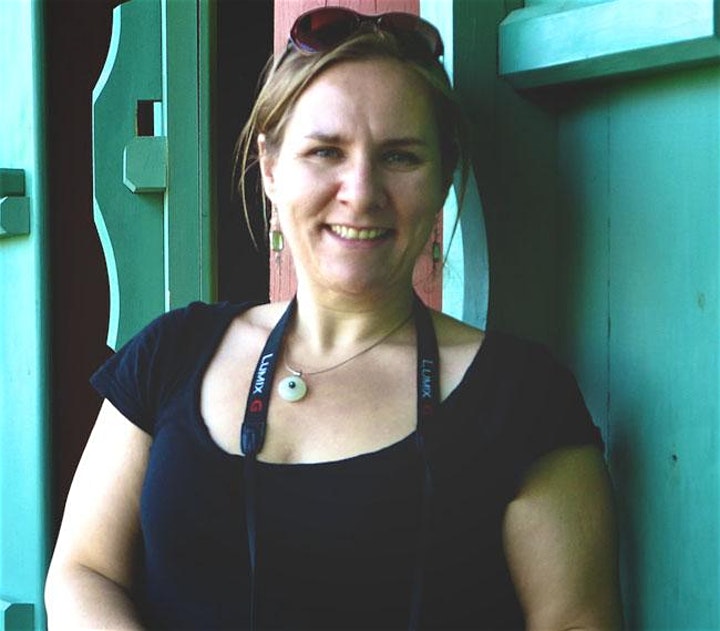
DATE
Thursday, January 30, 2020
TIME
2:30 – 4:00 PM
LOCATION
UBC | Asian Centre
Room 604 | 1871 West Mall
Did women produce Buddhist texts in Medieval China? And does it Matter if they did?
The Tianzhu Global Network in Buddhist Studies, with administrative support from FROGBEAR, proudly presents a lecture by Dr. Stephanie Balk.
About this event
As the only woman to ever rule China in her own name, Wu Zetian (r. 690–705 CE) found much utility in Buddhist texts and legitimated her contested rule, in part, through their production and circulation. Notably, she commissioned the writing of a textual commentary which identified her as the rightful ruler and future Buddha. Her use of text befitted her rule: She ruled at a time when women could not rule and she produced text in a time period for which we too easily assume that women played little or no role in elite textual production. But she was not alone. When we survey the lives and activities of elite Buddhist women from the Early Medieval period (220–589 CE) we can easily make the case that imperial women of many courts were intimately involved in textual production. As producers of Buddhist texts, women commonly played important roles in the commissioning, sponsoring, translation, and popularization of said texts, thereby contributing in no small way to the development of Buddhism in East Asia. This talk will survey a number of such examples of textual production by women in early medieval China and raise the question of why their work—ignored as it has been by history—still matters to us today. In particular, through the example of imperial Buddhism in China’s medieval period, we will approach the intriguing question of whether or not religion has, at times, served the empowerment of women within patriarchal society.
 About the speaker
About the speaker
Stephanie Balkwill is an Assistant Professor of Religion and Culture and East Asian Languages and Cultures at the University of Winnipeg. Her work focuses on the social, literary, and political lives of Buddhist women who lived in China between the fourth and sixth centuries. She is currently working on a biography of a 6th-century Empress Dowager, a study of the Buddhist idea of female-to-male sex change in Chinese Buddhist texts, and a co-edited volume entitled “Buddhism and Statecraft in East Asia.”
Dr. Balkwill completed her Ph.D. in Buddhist Studies and Chinese Religions at McMaster University where she also earned a graduate diploma in Gender Studies and Feminist Research. She has been a fellow at the Center for Chinese Studies at the National Central Library of Taiwan, an advanced researcher in the Department of Philosophy at Peking University, a Robert H. N. Ho Family Foundation in Buddhist Studies Doctoral Fellow, and a postdoctoral fellow in the Society of Fellows at the University of Southern California. Her research has also been supported by the Social Sciences and Humanities Research Council of Canada, the American Council of Learned Societies and the Chiang-ching Kuo Foundation for International Scholarly exchange.
Register through Eventbrite by clicking here
Sponsored by The Tianzhu Global Network in Buddhist Studies, with administrative support from FROGBEAR